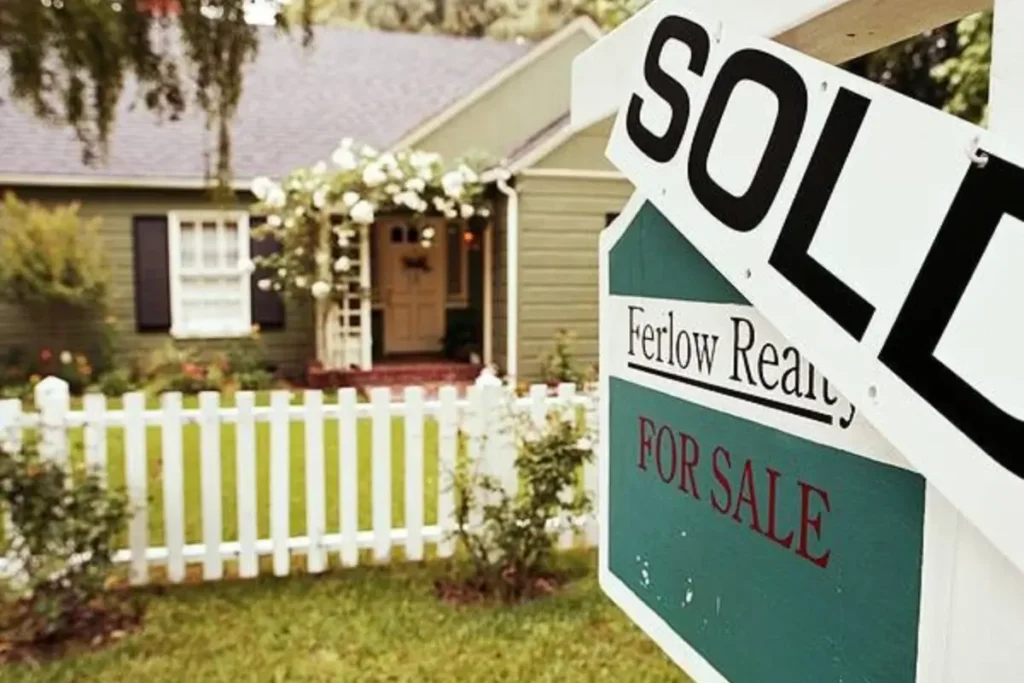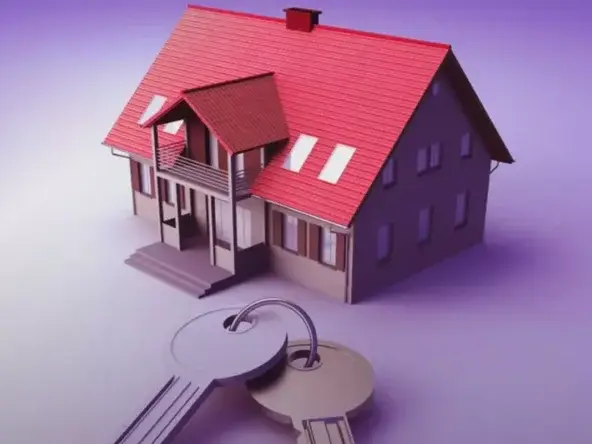Introduction
Buying and selling a home at the same time can be a challenging process. Managing two transactions simultaneously requires careful planning, organization, and a clear understanding of the real estate market. In this article, we’ll explore the best strategies and essential tips to help you navigate through the buying and selling process with ease.
Understanding the Challenges
Simultaneously buying and selling a home can be stressful due to the complexity of aligning both processes. From managing finances to coordinating closing dates, the process often involves delicate timing and multiple factors. Below are some of the common challenges people face.
Timing the Transactions
One of the biggest challenges is timing both the sale of your current home and the purchase of your new home. If the timing is not right, you may end up with no place to stay for a while or, conversely, having to pay for two mortgages simultaneously.
Financing Complications
Financing both deals at once can also complicate the process. If your current home hasn’t sold, you may not have enough funds for the down payment on your new home. This is where bridging loans and other financial solutions come into play.
Market Conditions
The state of the real estate market can also heavily influence the process. In a seller’s market, homes sell quickly, but buying a home could be more competitive. In a buyer’s market, selling might take longer while buying offers more choices and negotiation power.

Preparing to Sell Your Current Home
Selling your home while searching for a new one requires preparation. Below are the most effective strategies for getting your home market-ready.
Declutter and Stage Your Home
A clean, well-staged home is more attractive to buyers. Remove personal items, clean up spaces, and consider staging to showcase the full potential of your home. Well-staged homes tend to sell faster and at a higher price.
Set a Competitive Price
Setting the right price is crucial to selling quickly. Work with a real estate agent to evaluate comparable properties in your area and set a price that reflects the market value of your home.
Market Your Property Effectively
Use professional photography, online listings, and social media to showcase your home to potential buyers. High-quality marketing materials can make a significant difference in attracting serious offers.
Finding Your New Home
While selling your current home, you also need to focus on finding your next home. Below are some key considerations.
Prioritize Your Needs
Make a list of your must-have features in a new home. Whether it’s a bigger yard, better school district, or a specific location, knowing your priorities will help narrow down your search.
Get Pre-Approved for a Mortgage
Before you start your home search, it’s wise to get pre-approved for a mortgage. This will give you a better idea of what you can afford and show sellers that you are a serious buyer.
Hire a Real Estate Agent
Working with an experienced real estate agent can simplify the process of buying and selling. They can help you find homes that meet your criteria and guide you through the negotiation process.

Managing the Transition
Once you have a buyer for your current home and have found your new one, it’s time to manage the transition. Here’s how to handle this stage efficiently.
Negotiating the Closing Dates
Try to align the closing dates of both transactions as closely as possible. This will help you avoid the hassle of temporary housing or paying two mortgages at once.
Consider a Rent-Back Agreement
If your closing dates don’t align perfectly, you can negotiate a rent-back agreement with the buyer of your current home. This allows you to stay in your home for a short period after closing, giving you more time to move into your new home.
Using a Bridge Loan
A bridge loan can be a useful financial tool if you need to buy a new home before selling your current one. This short-term loan covers the down payment on your new home until your current property is sold.

Tips for a Smooth Experience
To ensure a successful and smooth process, consider the following expert tips.
Stay Flexible
Flexibility is key when managing two transactions at once. Be prepared for unexpected delays or challenges and have contingency plans in place.
Communicate Clearly
Regular communication with your real estate agent, mortgage lender, and buyers or sellers is essential. Keep everyone informed about important dates, changes, and expectations.
Budget for Moving Costs
Don’t forget to budget for moving expenses, which can add up quickly. Consider costs for hiring movers, temporary storage, and any repairs or renovations needed in your new home.
Conclusion
Buying and selling a home at the same time may seem daunting, but with the right strategy, it can be a smooth and rewarding experience. By preparing your current home for sale, knowing what to look for in your new home, and carefully managing the financial and logistical aspects of both transactions, you’ll be well on your way to a successful move.
By following these steps, you’ll not only minimize stress but also increase your chances of securing a favorable deal on both sides. With proper planning and a little flexibility, you can transition smoothly from one home to another.





